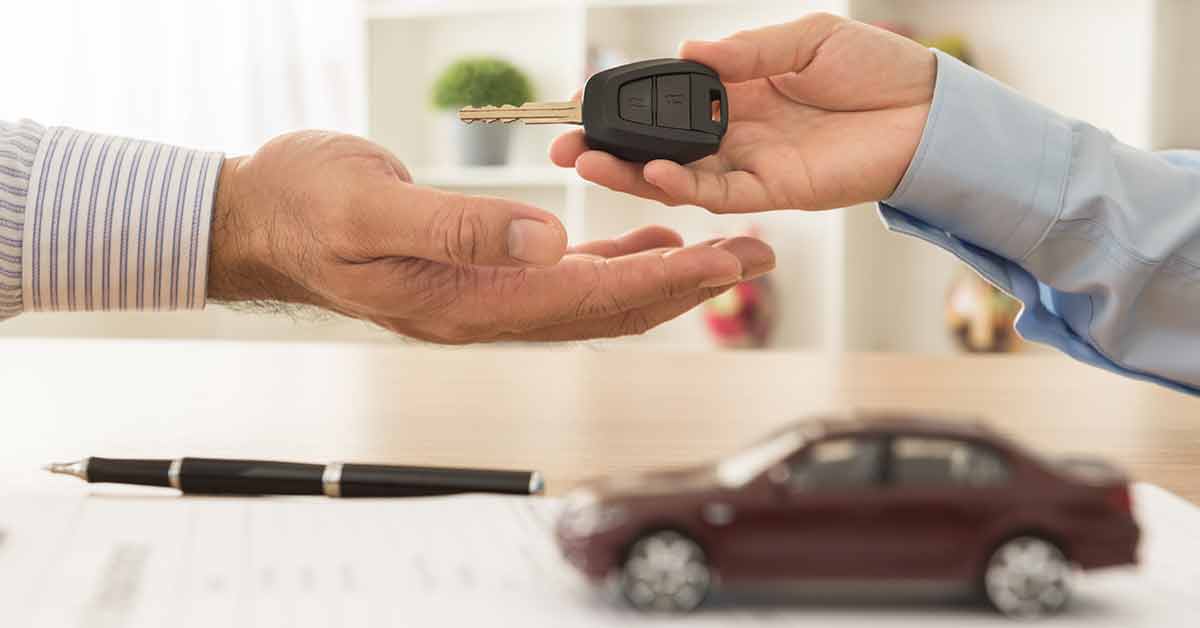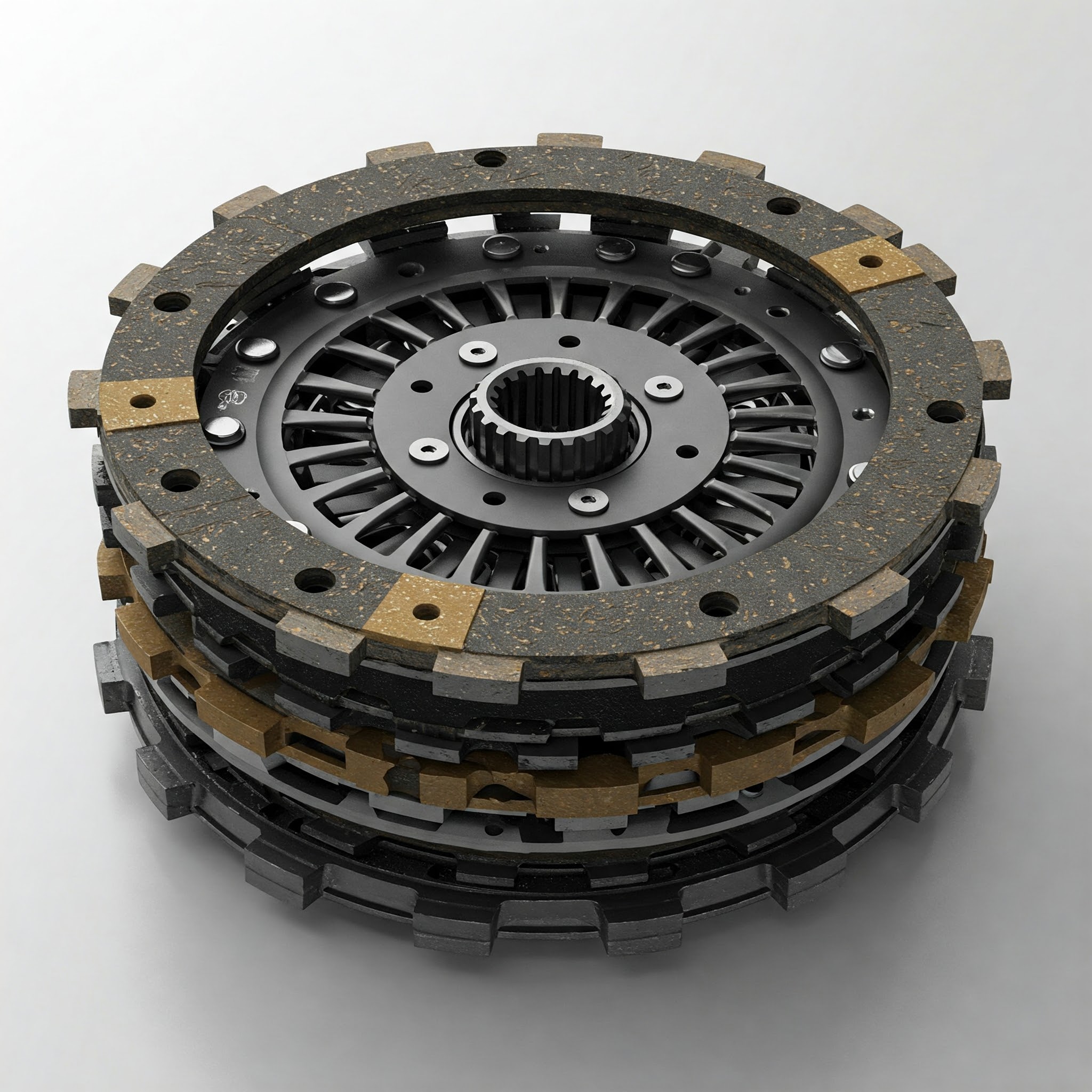If you are looking for affordability and value, there is no better time than now to invest in a second-hand car. However, there is an urgent need to inspect and research before a wrong purchase of a used car that may raise potential issues later on.

A perfect guide should be followed to rectify the most important things you must check before buying a used car in India for a seamless experience while making your informed decision.
Top 5 Checks Before You Buy a Used Car in India
1. Vehicle Condition Check
The first important check is to have a complete examination of the overall condition of the car. Specifically, note the following:
On the exterior: dents, scratches, or repainting may indicate an accident.
The interior: sit inside and note the condition of seats, dashboard, and electronics, including the AC and infotainment system.
The engine: check for unusual noises, leaks, or rust.
Tires: Look out for proper tread and relatively even wear.
You'll pay a bit extra for the peace of mind, but it may be worth it: Have a high mileage inspection done by a service professional.
2. Service History Check
A used car's servicing history is a clue to whether the car was properly cared for. Ask the seller or dealer for a service record, and look for evidence of the following:
Regular servicing with oil changes
Constant recurrent repairs or issues
The use of original parts
Every servicing document can lead you to a trusted vehicle.
3. Test Drive the Car
Buying a used car doesn't come without a test drive. Evaluate and check for:
Driving Comfort: How smooth the pickup and braking are.
Suspension: Comfort on its suspension system when driving over bumps or uneven road surface.
Noise: Uncommon or unusual engine, brake, and suspension sounds.
Handling: Steering response and alignment.
- Test under different conditions: driving high ways, city roads, and so forth when it has to stop-and-go traffic.
4. Sift Through the Papers of the Vehicle
Even as important as the physical check-up of the car is the proof that the car has correct documents. Some other keys include:
Certificate of Registration: The chassis number and the engine number must match.
Insurance: Find out whether the insurance is in place and it's up to date.
Receipt for road tax: Make sure all such dues are paid.
No Objection Certificate: In case the car was purchased through a loan, make sure you have NOC.
Proper documentation will save you from all legal and ownership issues later on.
5. Car Price
Gaining knowledge about the fair market value of a car can really help in negotiating. The online estimation of the used car value can be obtained by checking with:
The make, model, and year of manufacture.
Mileage and the condition of the vehicle.
Demand for that particular car in the market.
Online compare prices of similar cars listed to have a clear idea about its value.
Buying used cars
Buy from trusted sellers. Be it a dealer or private seller, always ensure that they have a good reputation.
Negotiate Sensibly: Make a use of your research and inspection outcome to negotiate the right price for the car
Consider a Certified Pre-Owned Car: Certified cars are usually equipped with warranties, although entirely inspected by the seller.
Buying a used car makes perfect economic sense if done prudently. Since this is a guide for the purchase of used cars, you will avoid potential pitfalls and make an informed decision. From the inspection of the vehicle to checking the documents to ascertaining its value, every step plays a crucial role in ensuring you get a reliable and well-maintained car. Additionally, securing the right car insurance is essential to protect your investment and ensure peace of mind on the road.
For more information on purchasing a used car and tips, visit Coverfox and make your car-buying journey smooth and hassle-free!
Read more: Motor Insurance






